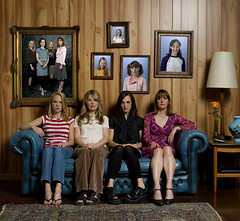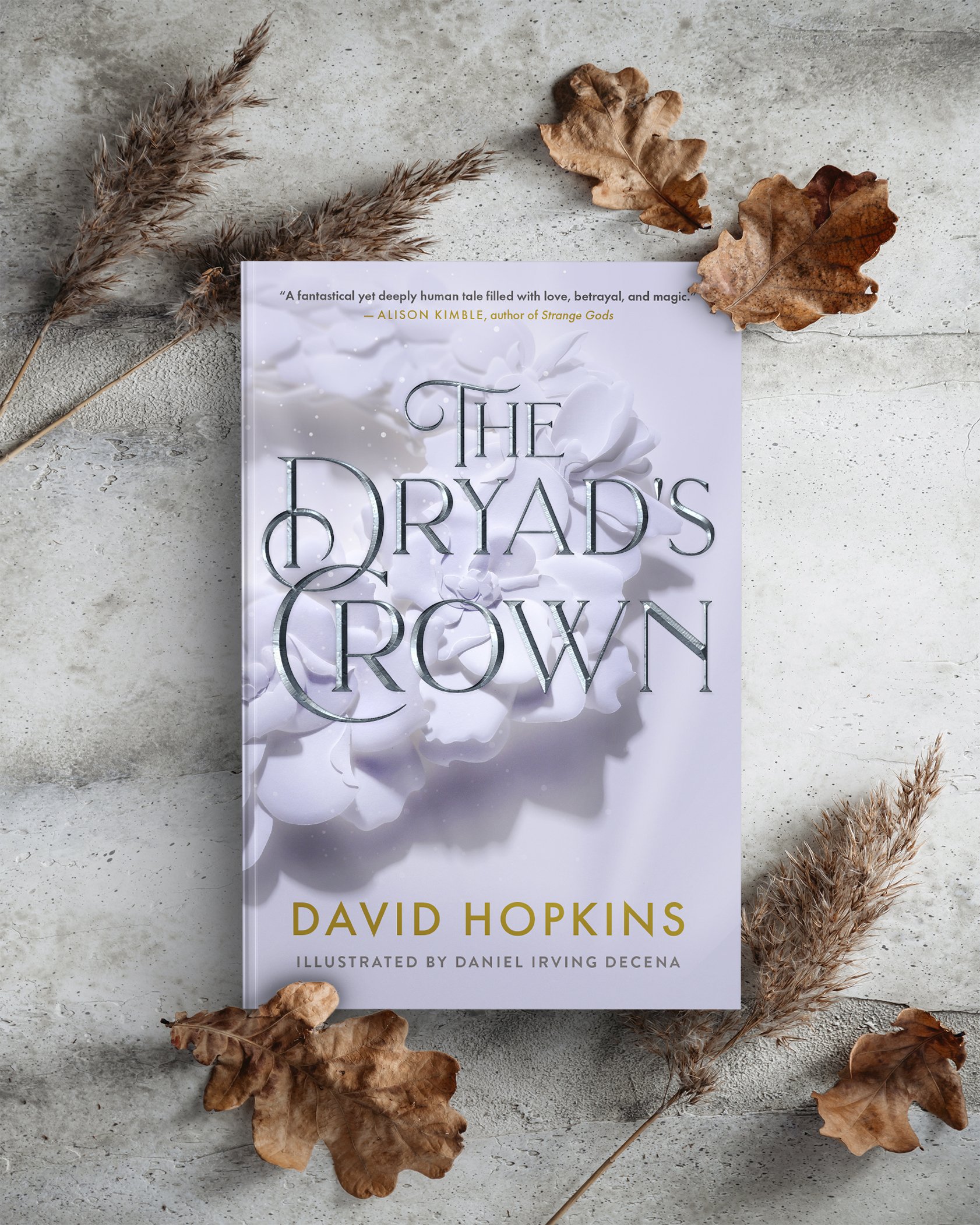As summer approaches, I get more and more friends asking "Are you going to San Diego?" The Comic Con is July 23rd - 27th, and for the second year, I'm skipping. I went four years in a row, and it was an incredible event. However, like many other comic book creators, I've been increasingly wary of this annual journey to pop culture mecca. My opinions aren't new or groundbreaking. New rant same as the old rant. It follows two common lines of thought:
1. The event has grown too big. That's the appeal, isn't it? You go to San Diego, because that's where the business is. My first year, I attended a seminar on networking. Solid advice, I follow religiously. And with every year, I learn a little bit more. I laugh about it now, but my first year, I was handing out mini-discs of a three hundred page script to any and every person behind a booth who would take one. Probably not the best way to start a writing career. Since then, I've learned how to put together a good proposal. I've also learned that San Diego is no longer the place to woo publishers. It's simply too busy. The publishers are trying their best to survive the week. The last thing most of them want is to talk about your story. Too many people drop off proposals. Your's is just another hidden away within an unmanageable stack of pulp. At this point, if I want to work with a particular publisher, I e-mail them.
After I got a few books published, San Diego became the place to sell my books. Although, being a proud small press/independent writer, the economics of San Diego don't add up. Take into account the travel expenses (flight and hotel), the cost of a booth, and other impulse buys throughout the week, it's hard to sell enough copies to cover the guilt. Especially being behind a publisher's booth, my book is one lost among the other books. And let's face it, the overwhelming majority of attendees who are only there to spot Hollywood celebrities, the Star Wars fans, the Marvel/DC fans, they aren't interested in a coming-of-age family drama set during the early '60s. With my publishers still opting to attend San Diego, my books will (or won't) sell with or without me. Last year, I went to MoCCA in New York instead. It was a much better event, especially when it came to finding my audience.
2. The event is too Hollywood. Once again, this isn't necessarily a bad thing. The film/television/gaming aspects of the convention bring in a larger audience who may also be interested in comics. The opportunity to get a comic creator's property optioned to a studio could be quite lucrative, but I've never been interested in writing for Hollywood. I went into comics. That's the medium I love. More money and more exposure potentially gives me opportunities to write and publish more comics. That's how I have to look at it. That being said, it's gotten a little ridiculous. The Hollywood execs patrol the aisles desperate to find something they can turn into the next 300, Sin City, or Iron Man. What's worse is the the comic book writer falling over himself/herself to meet one of these people, secretly wishing they can jump ship from our bastard artform and join the noble ranks of Hollywood. Trading caffeine for cocaine. I'll tolerate the game to an extent, but as an industry, we're more than Hollywood's strip mine.
There are some good reasons to attend San Diego Comic Con.
1. The Eisner's. This is the highlight of the week for me. It's the most cherished honor you can receive in comics, and I love attending the event. I'm a ashamed so many people skip out. I view it as almost an obligation. If you've committed yourself to the growth of the comic industry, you should be there to recognize the accomplishments of the previous year. Plus, it's nice to attend a reasonably classy event devoid of men and women dressed as Stormtroopers.
2. To Meet Up. And we return to this question asked by my friends: "Are you going to San Diego?" Fact is it's one of the few places where I can to hang out with people I only see once or twice a year. Other large conventions exist. San Diego is the place where people assume you'll be there. However, if this is the only reason to attend, we need to find a less expensive meeting place. The Hyatt Bar is ridiculous, absurdly crowded and over priced. Hotels are a Madmax post-apocalyptic nightmare in hospitality management. And Ralph's! Um... I have no complaint with Ralph's. It's a cool place to grab groceries on your way to the convention center.
There's no immediate solution. I hope the growth of San Diego Comic Con is a sign of positive growth for our industry, and not an indicator of us being eclipsed or bullied by the larger film/television/gaming industries. And if San Diego is a sign that comics are simply too big for a singular "must attend" event, then cool. We pick and choose. Maybe some year, I'll go back, but not this year.




